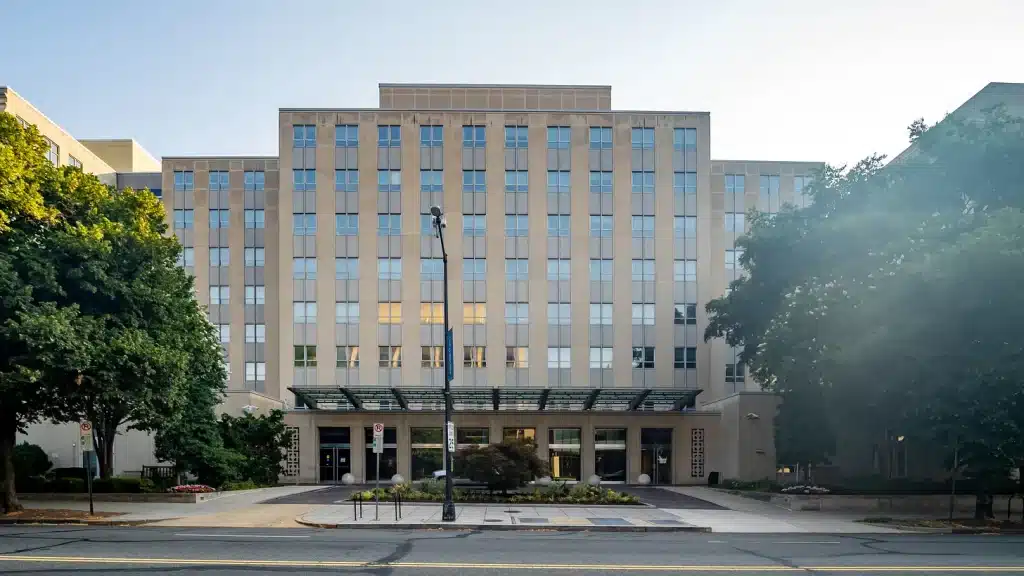News Analysis: U.S. Supreme Court Could Swing Left After Conservative Justice’s Passing
With the passing of conservative Justice Antonin Scalia earlier this month, the U.S. Supreme Court could shift to the left, which will impact a number of upcoming decisions, experts said.
Scalia, who died on Feb. 13 in the state of Texas, was an outspoken critic of a number of liberal positions, including abortion, affirmative action and what he labeled as the “so-called homosexual agenda.” If a liberal justice is chosen to succeed Scalia, that could lead to a shift toward the left on a number of issues up for review by the nation’s highest court.
This comes at a time of increasing animosity between liberals and conservatives, which is reflected in the political arena, with Democrats moving further left and conservatives moving further right. The court is a powerful U.S. institution that often decides on cases that can have a sizable impact on society and determine the direction of the culture.
“Scalia’s passing offers the possibility of a liberal swing on the court,” Brookings Institution’s senior fellow Darrell West told Xinhua. “For several decades, conservatives have held a narrow margin on the Supreme Court and this has helped Republicans move U.S. policy to the right on many issues. However, with the current opening and a Democratic president, a new appointee can provide the crucial swing vote that moves the court to the left.”
President Barack Obama has announced his intention to name a successor to Scalia, despite strong opposition from the Republican Party, which vows to block Obama’s nominee.
Obama could fail to get the Republican-controlled Congress to approve his nominee, “but if Democrats hold on to the presidency in the 2016 elections, they will be able to push a liberal through and this will be very impactful for future court rulings,” West said.
This will affect cases dealing with abortion, immigration, civil liberties, Obama’s healthcare overhaul, and the balance of power between the executive and legislative branches of government.
“The Supreme Court touches many different issues so this appointment likely will affect judicial rulings for the next couple of decades,” West said.
Still, Julian Zelizer, professor of history and public affairs at Princeton University, told Xinhua that if the Republican-controlled Congress can delay the pick until the next administration, it may prevent a swing to the left — as long as a Republican president wins.
“If the Senate can tie this up until the next presidency, and a Republican wins, the next president would have considerable room to get a conservative nominee through a Republican Senate,” he said.
There are several significant cases currently pending before the Supreme Court in which Justice Scalia’s vote might well have determined the outcome, John Malcolm, director of the Meese Center for Legal and Judicial Studies at the Heritage Foundation, told Xinhua.
But now, those cases might not go as they had been expected to go, given Scalia’s death, Malcolm said.
One controversial case that has grabbed headlines nationwide is Little Sisters of the Poor Home for the Aged v. Burwell.
This case involves a challenge by several religious non-profit organizations to the government’s new requirement — under Obama’s healthcare revamp — that religious organizations either provide contraceptive and abortifacient coverage to their employees or that they certify to their insurance provider that they have a religious objection to doing so.
That would result in the insurance provider assuming responsibility for providing such coverage.
The challengers believe that signing such a certification would make them complicit in the provision of services that they consider against their religion.
With the four liberal justices in the nine-seat Supreme Court unlikely to rule in favor of the religious non-profit groups in this case, Justice Scalia’s death could well result in a loss for these groups, Malcolm said.
By MATTHEW RUSLING Feb. 23, 2016 on XinhuaNet
Read more here








